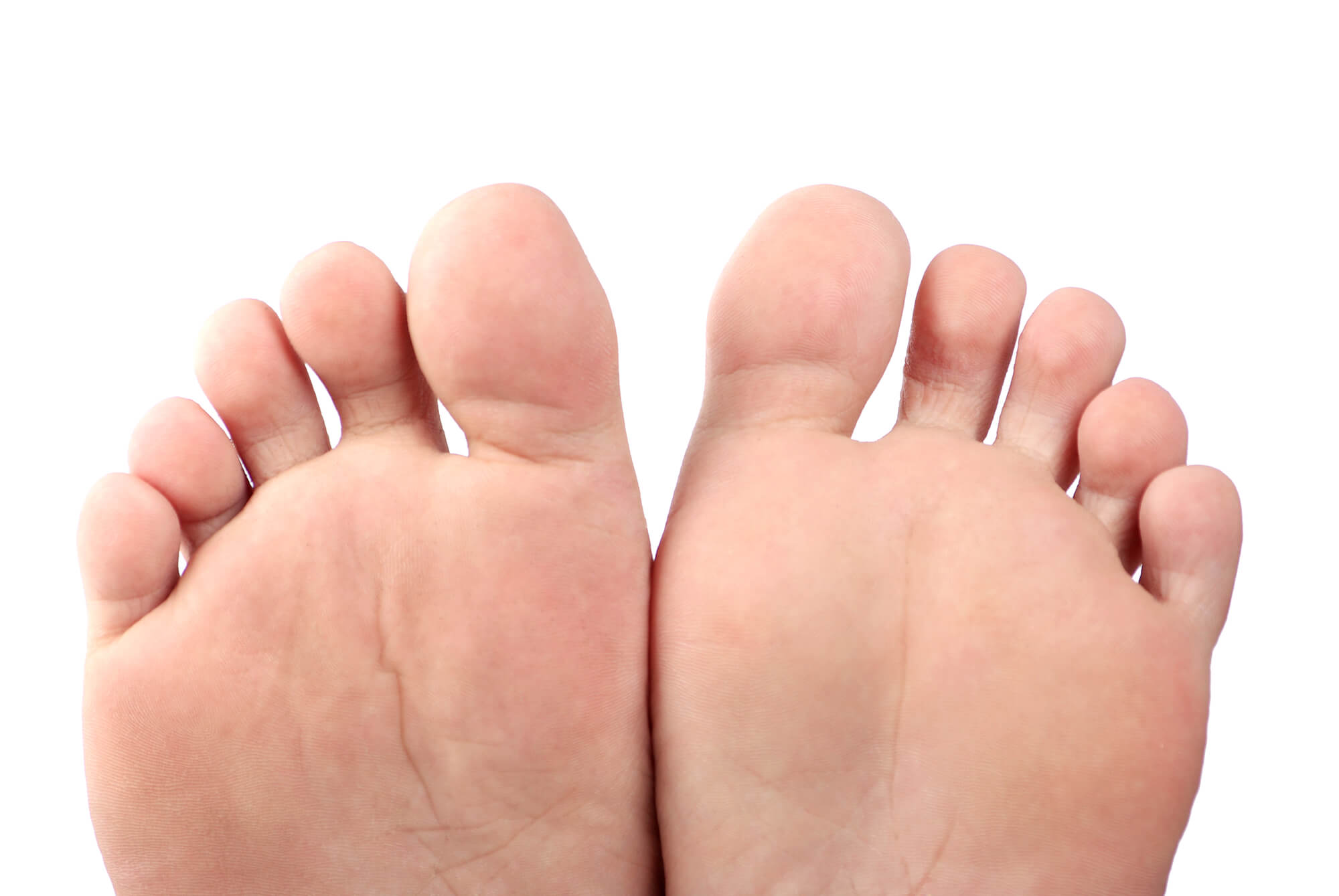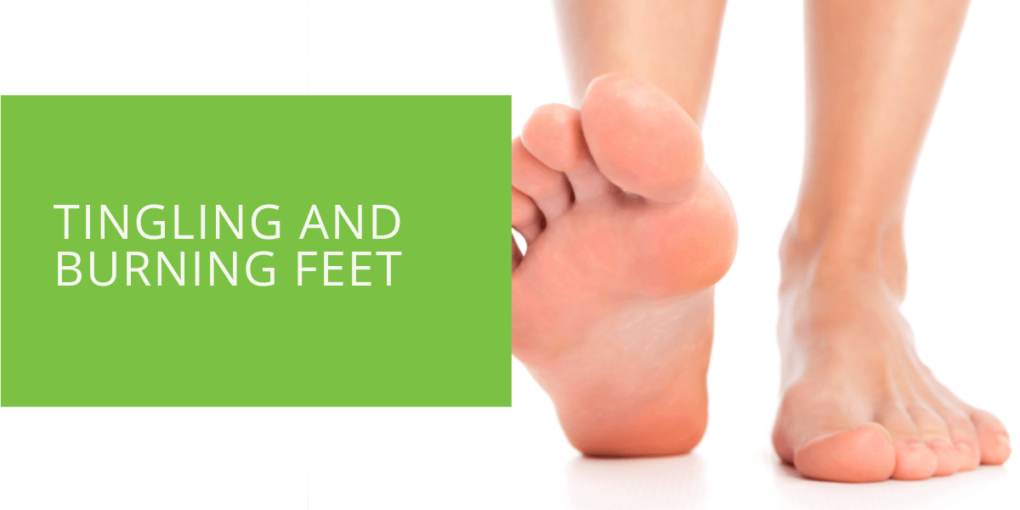Understanding Tingling and Burning Feet
Tingling and burning feet can be debilitating conditions, making it difficult to walk or stand for long periods. Various factors, including nerve damage or compression, diabetes, vitamin deficiencies, autoimmune diseases, trauma or injury, and certain medications, can cause these symptoms. This guide will explore the causes, symptoms, and treatment options for tingling and burning feet, as well as self-care tips and how to prevent nerve damage. If you are experiencing tingling and burning feet, it is important to seek the advice of a podiatrist, who can diagnose the cause of your symptoms and recommend the best treatment.
Causes of Tingling and Burning Feet
One of the most common causes of tingling and burning feet is peripheral neuropathy, a condition in which the peripheral nerves become damaged. Several factors, including diabetes, vitamin deficiencies, autoimmune diseases, trauma or injury, and certain medications, can cause peripheral neuropathy. In some cases, the cause of peripheral neuropathy is unknown.
Another common cause of burning feet is tarsal tunnel syndrome, in which the tibial nerve becomes compressed as it passes through the tarsal tunnel in the foot. Various factors, including trauma or injury, overuse, and a cyst or tumor in the tarsal tunnel, can cause tarsal tunnel syndrome.
Fungal infections, such as athlete's foot, can also cause burning and tingling sensations in the feet.

Symptoms of Tingling and Burning Feet
The symptoms of tingling and burning feet can vary depending on the underlying cause. However, common symptoms include a tingling sensation, burning pain, numbness, weakness, and difficulty walking or standing.
If you are experiencing tingling and burning feet, it is important to seek the advice of a podiatrist as soon as possible. A podiatrist can perform a physical examination and may recommend nerve conduction studies or imaging tests to help diagnose the cause of your symptoms.
Treatment and Diagnosis
Treatment options for tingling and burning feet will depend on the underlying cause. Medications, such as pain relievers, antidepressants, and anticonvulsants, may help reduce pain and improve nerve function.
Physical therapy may also be recommended to help improve muscle strength and balance, which can help to reduce the risk of falls. Sometimes, a podiatrist may recommend lifestyle changes, such as weight loss, proper foot care, and exercise, to help alleviate symptoms.
In severe cases, surgery may be necessary to relieve pressure on the nerves. Surgery may include nerve decompression or nerve repair.

Prevention and Self-Care
You can do several things to help prevent tingling and burning feet. Maintaining healthy blood sugar levels is important for those with diabetes, as uncontrolled blood sugar levels can lead to nerve damage. Eating a well-balanced diet, getting enough exercise, and wearing comfortable shoes can also help to prevent tingling and burning feet.
It is also important to protect your feet from injury. This can include avoiding walking barefoot, wearing shoes that fit properly, and avoiding high heels. If you have to stand for long periods, take breaks and elevate your feet to help reduce the pressure on your nerves.
Regular foot care is also important for preventing tingling and burning feet. This can include checking your feet daily for any signs of injury or infection, such as cuts, blisters, or redness, and keeping your feet clean and dry. If you notice any signs of an infection, such as redness, swelling, or discharge, contact your podiatrist as soon as possible.
It is also important to keep your feet moisturized to help prevent dry, cracked skin, which can lead to infection. You can use a moisturizer specifically formulated for the feet or coconut oil.
In addition, it is recommended to avoid smoking and limit the intake of alcohol, as these can contribute to the development of peripheral neuropathy and other conditions that can cause tingling and burning feet.
Conclusion
Tingling and burning feet can be a debilitating condition that can make it difficult to walk or stand for long periods. The causes of tingling and burning feet can vary, including nerve damage or compression, diabetes, vitamin deficiencies, autoimmune diseases, trauma or injury, and certain medications. If you are experiencing tingling and burning feet, it is important to seek the advice of a podiatrist as soon as possible. A podiatrist can diagnose the cause of your symptoms and recommend the best course of treatment.
It is also important to take preventative measures to protect your feet from injury and maintain healthy blood sugar levels and diet. Regular foot care, physical therapy, and lifestyle changes can help to alleviate symptoms and prevent further damage.
In conclusion, If you experience tingling and burning feet, don't hesitate to contact a podiatrist for diagnosis and treatment. With the right care, you can relieve these symptoms and get back to enjoying your daily activities.

